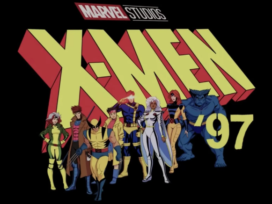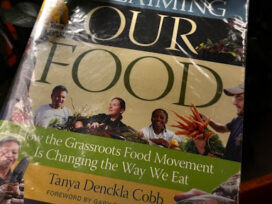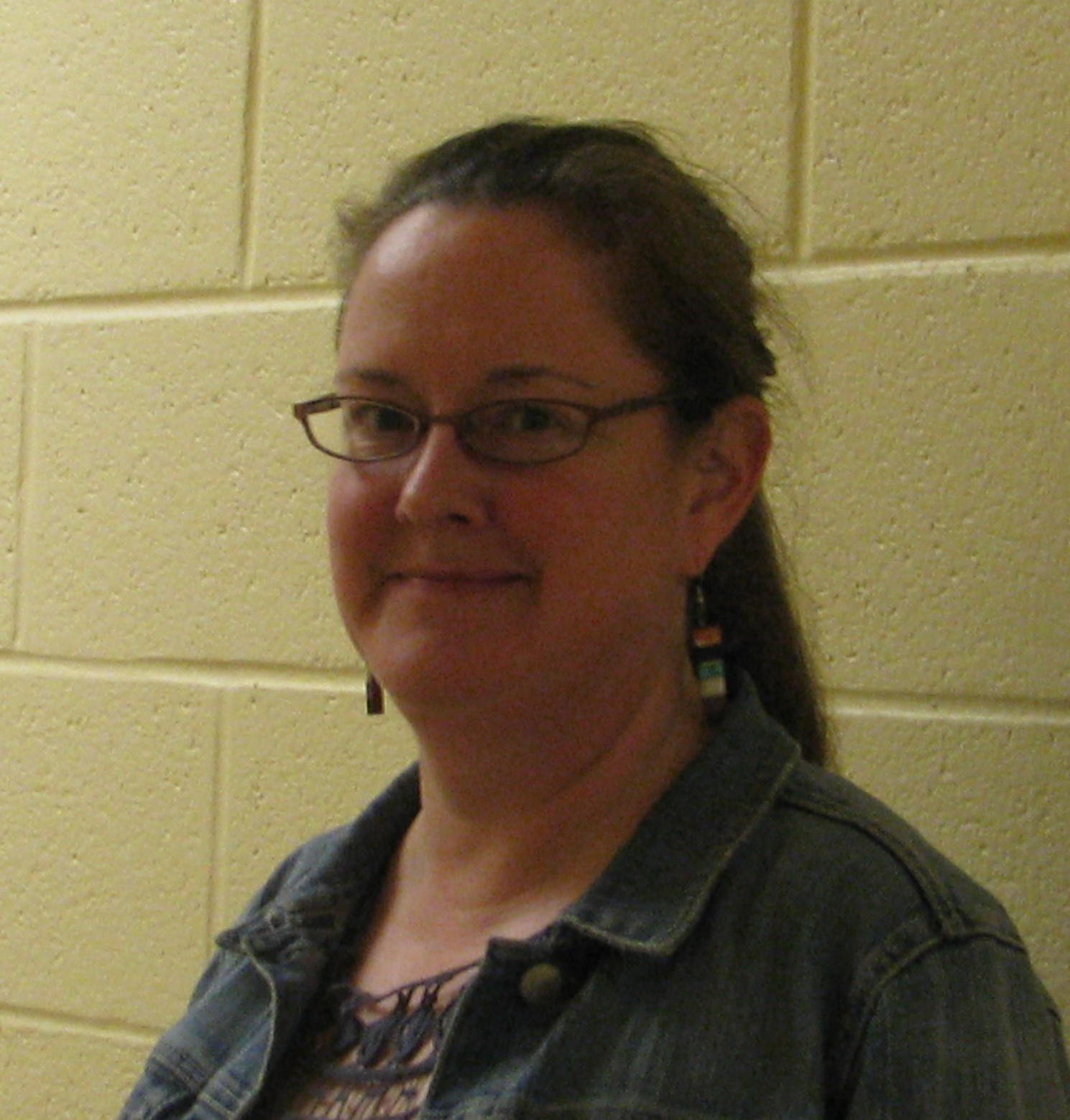
Is She Really Gone?
You would not blame Nick if he killed his wife. Amy will not go away.
Director David Fincher’s adaptation of Gillian Flynn’s novel Gone Girl into a motion picture is on target. It should be; Flynn wrote the screenplay. For the most part, the setting, plot, and characters are the same. The main difference is the glitz, glam, and gore of Hollywood. Stars Ben Affleck and Rosamund Pike play the main characters.
At Piedmont Community College’s Dickinson Theatre, the audience must have appreciated the chance to see a free movie because there was not an empty seat in the house. As evidenced by the packed theatre and robust cheers and groans, all seemed to enjoy the show. There was an air of camaraderie in the theatre as the audience hunkered together, waiting to see who would become their hero.
Gone Girl tells the story of a married couple, Nick Dunne (Ben Affleck) and his wife Amy (Rosamund Pike). On the morning of their fifth wedding anniversary, Amy goes missing and Nick becomes the prime suspect. The story is told from the perspective of both the main characters.
Nick is initially drawn to Amy because she seems perfect, inside and out. This is ironic, as Amy’s parents have built their fortune on a book series The Amazing Amy. Amy is indirectly the subject of the series where everything she does is “truly amazing.” Amy’s parents play a secondary role in Gone Girl. The audience can appreciate how Amy’s reality’s is unclear. Is she the “real” Amy or the fictional “Amazing Amy”?
Moviegoer Kristen Cook said, “There were a few changes with the movie, especially the characters. Her parents seem to play a smaller role.”
In both the movie and book, Amy and Nick are unstable characters. Their marriage has a sordid viciousness. It is so wrong, making it difficult to sympathize with these two. In the book, you have even less sympathy for Amy. She is beautiful, comes from a wealthy family, and appears to have it all. Amy is portrayed as a demanding wife.
Deborah Pittard is a member of a local book club who, after reading the book, attended the movie. Deborah notes, “The most surprising thing for me is that I empathized – slightly – with Amy in the movie. I really hated her in the book. The visual of her seeing her husband cheat on her (while she watched him move the hair out of the other girl’s eyes as he had done with her) made you feel sorry for her. Plus, you saw how she was suicidal more in the movie. I’m not saying she wasn’t crazy or that I agree with anything she did, but you could put yourself better in her shoes in the movie.”
The book leads the audience to distrust Amy and feel sorry for Nick. It takes the reader all the way back to Amy’s high school years when she frames a schoolmate for stalking her. This detail is left out in the movie. Also, Nick seems more “stuck” in the book. He doesn’t seem to have as much support from his twin sister or the main detective in the movie.
Another difference in the book and movie is the role that Nick’s mistress plays. In the book, Nick is with Andie, his beautiful, young mistress – who also happened to be his former student – on the morning of Amy’s disappearance. In the novel, Andie says, “ We should go to the police. I’m your alibi for that morning, we’ll just tell them.” In the movie, Nick is alone at the beach on the morning of his wife’s disappearance.
The dramatic difference between the movie and the book is the Hollywood hype and gore. The movie includes a lot of blood. Add to that the suspenseful music, twisted characters, and unexpected turns at every moment and you have a real blockbuster thriller.
50-year-old Charlie Thompson, local Charlottesville businessman who came out to enjoy the movie with his wife, was on the edge of his seat the whole time. He sums it up best when he said, “Even though I read the book, I was scared Glenn Close [from Fatal Attraction] was going to jump out any time with a dead rabbit in her hand!” That never happened. But you never knew if Nick’s wife just might be that crazy.
Ultimately, at the end of both the movie and the book, the audience is left feeling hopeless and unsettled. Nick is a broken character, sticking with his wife in a dysfunctional marriage.
Gone Girl explores the disturbing ways that control, power, and manipulation can make relationships go wrong. It reveals the even more disturbing way which relationships – particularly marriages – stay together.
Trish Colvin, who read the book and saw the movie, sums it well when she says, “Loved them both. I thought the author was leaving room for a sequel. I read her other books. They all seem to be twisted.”







